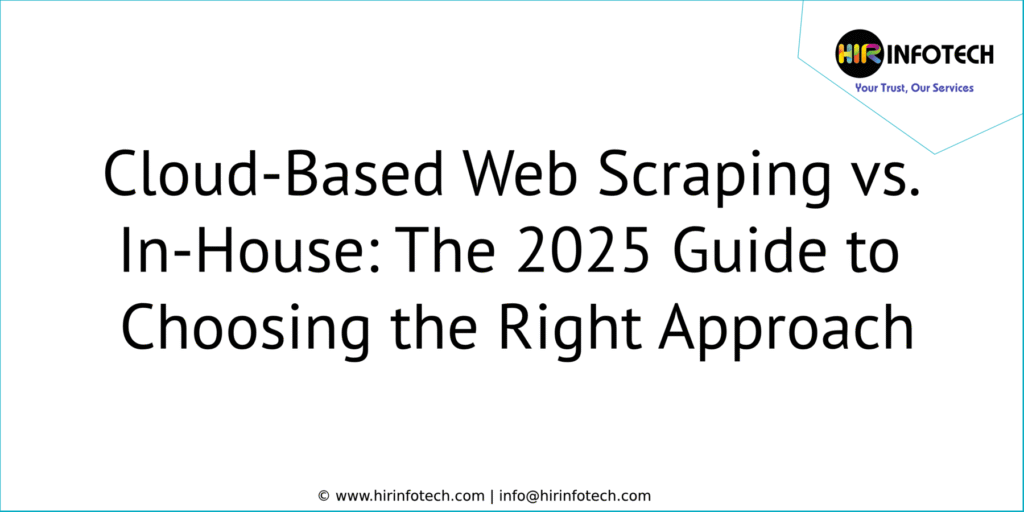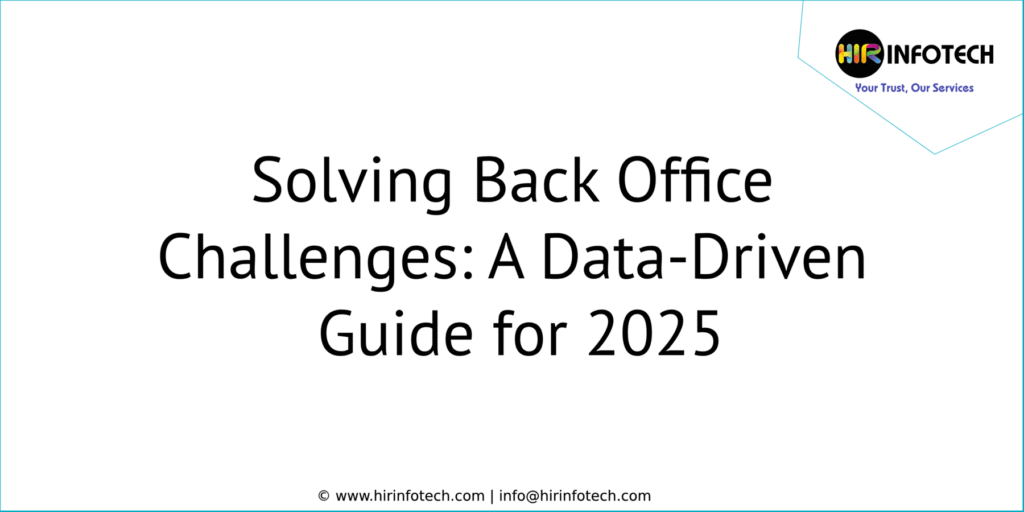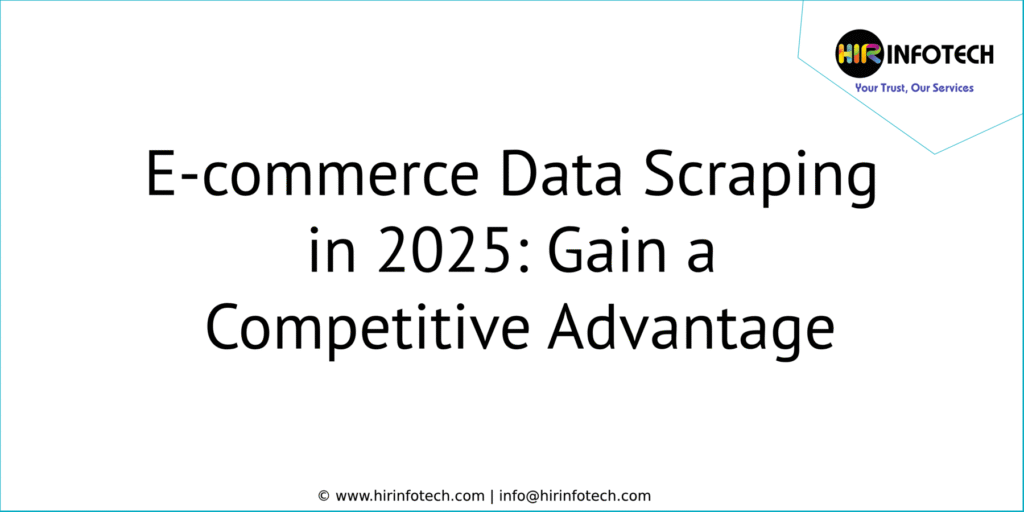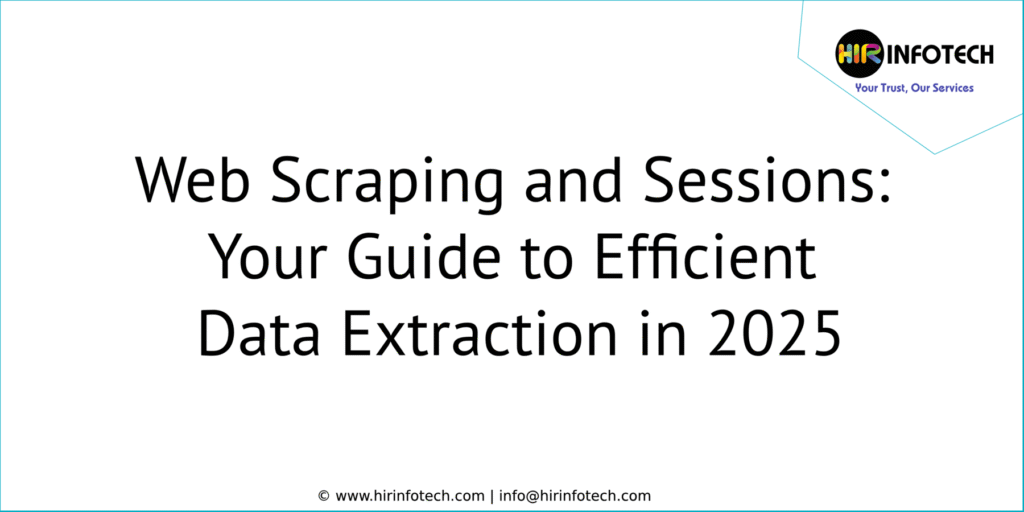
Choosing the Right Cloud-Based Web Scraping Service
Consider these factors when selecting a service:
- Ease of Use: Is the interface intuitive? Is it suitable for non-technical users?
- Features: Does it offer the features you need (e.g., scheduling, API access, data transformation, cloud storage)?
- Data Sources: Can it scrape the websites you need? Does it handle dynamic content?
- Scalability: Can it handle your current and future data volumes?
- Pricing: Is the pricing transparent and affordable? Does it offer flexible plans?
- Support: Does the provider offer good customer support and documentation?
- Reputation: Is the provider reputable and reliable? Check reviews and testimonials.
- Security: Does the provider have strong security measures in place to protect your data?
- Compliance: Does the provider comply with relevant data privacy regulations?
The Bottom Line: Cloud vs. In-House – Which is Right for You?
- Choose In-House If:
- You have a very large and consistent need for web scraping.
- You have a dedicated team of skilled developers and infrastructure experts.
- You need absolute control over every aspect of the process.
- You have very specific and unique scraping requirements that can’t be met by existing cloud-based services.
- You have extreme data security concerns that require you to manage everything internally.
- Choose Cloud-Based If:
- You want to get started quickly and easily.
- You don’t have a dedicated development team or infrastructure expertise.
- You need a scalable solution that can adapt to changing needs.
- You want to avoid the headaches of managing infrastructure and dealing with anti-bot measures.
- You want to focus on using the data, not building and maintaining scrapers.
- You want a cost-effective solution (in most cases).
For the vast majority of businesses in 2025, cloud-based web scraping is the superior choice.
Frequently Asked Questions (FAQs)
1. What is the difference between web scraping and web crawling?
Web crawling is the process of discovering and indexing web pages (like Google’s search engine). Web scraping is the process of extracting specific data from those pages.
2. Is web scraping legal?
Generally, yes, if you follow the rules. Respect website terms of service, robots.txt, and data privacy laws. Don’t overload websites with requests.
3. How can I avoid getting blocked while scraping?
Use a cloud-based scraping service (they handle this for you). If scraping in-house, use proxies, rotate user agents, and add delays.
4. What is a headless browser?
A web browser without a graphical user interface. It’s used for automating web interactions, especially for scraping dynamic websites.
5. What are the best programming languages for web scraping?
Python and JavaScript are the most popular, but cloud-based services often eliminate the need for coding.
6. What are residential proxies?
Residential proxies are IP addresses assigned by internet service providers (ISPs) to homeowners.
7. How does cloud-based web scraping handle website updates?
Cloud-based solutions handle the updates by AI and expert team.
Stop struggling with the complexities of web scraping. Let Hir Infotech handle it for you! We provide expert web scraping, data solutions, and data analytics services, leveraging the power of the cloud. We’ll build a custom solution tailored to your needs, or help you utilize the best cloud-based tools. Contact us today for a free consultation and discover how we can transform your data collection process!
#CloudBasedWebScraping #WebScraping #DataExtraction #DataSolutions #DataAnalytics #HirInfotech #Automation #RPA #AI #MachineLearning #BigData #NoCode #LowCode #BusinessIntelligence #CompetitiveAdvantage #2025Trends #DataDrivenDecisions



